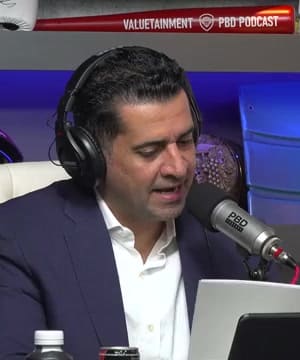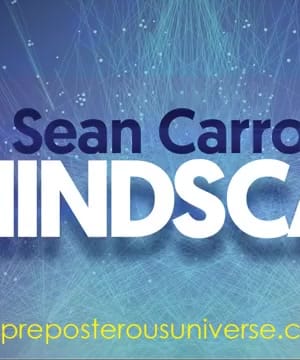Lack of media literacy?
Sources:
Experts have highlighted the urgent need for improved media literacy to combat the challenges posed by today's digital landscape. Here are some key insights:
-
Digital Literacy Crisis: Brittany Kaiser underscores the importance of digital literacy training for understanding data rights, protecting privacy, and identifying disinformation and cyberbullying. She emphasizes that these skills are essential, especially for children before they get their first device 1.
-
Trust in Media: Ana Kasparian discusses how political polarization and ideological bubbles contribute to the decline in public trust in media. She notes that both new media outlets and traditional corporate media have made mistakes that erode public confidence 2.
-
Education in Media Literacy: Dan Pfeiffer advocates for media literacy to be taught in schools to help individuals discern real from fake information. He argues that traditional media are insufficient in fighting propaganda, underscoring the need for new media infrastructures 3.
-
Children and Media Literacy: Esther Wojcicki proposes integrating media literacy into school curricula to help children navigate social media effectively and understand fake news. She stresses that all children, especially in public schools, need these skills to manage their digital lives responsibly 4.
-
Information and Disinformation: Carl Bergstrom and Sean Carroll highlight the importance of media and quantitative literacy to address the challenges posed by disinformation. Bergstrom notes the tribally driven misinformation amplifying during crises like COVID-19 5.
These insights reveal a consensus among experts on the necessity of media literacy to foster informed, critical consumption of information and to mitigate misinformation.
RELATED QUESTIONS-



